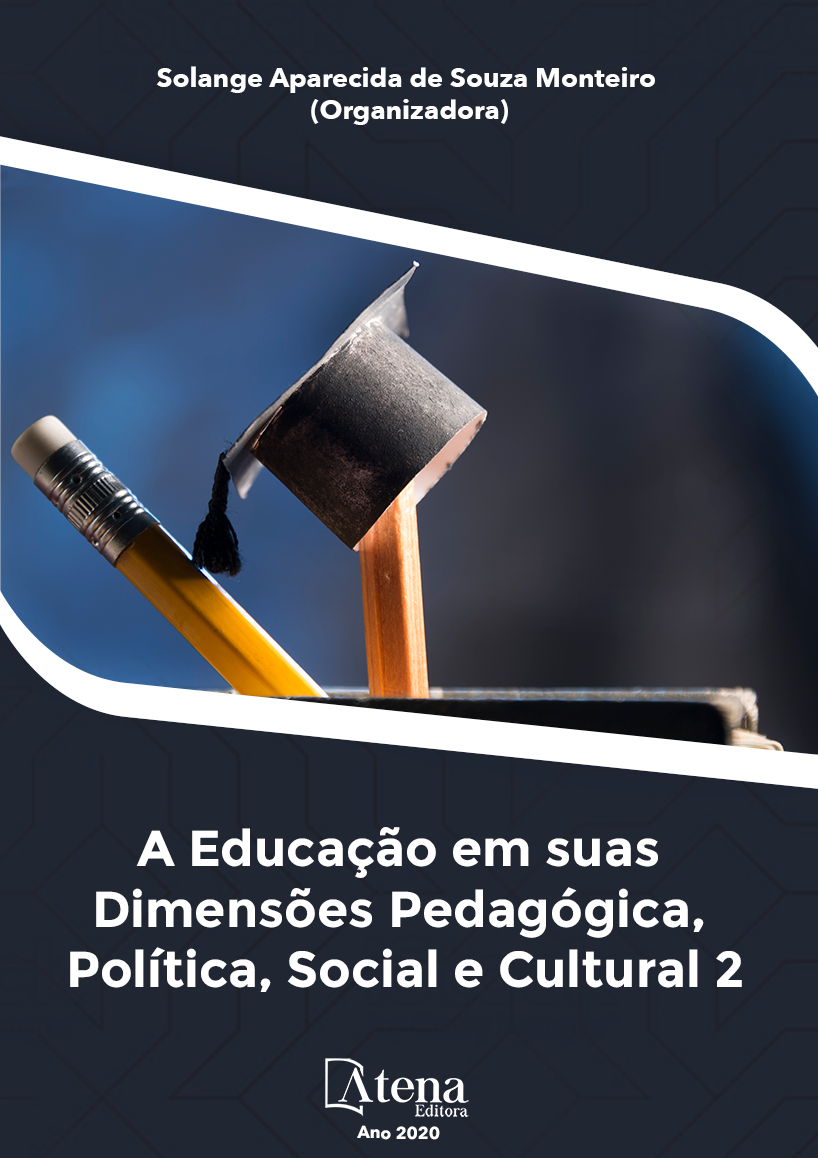
ESTRATÉGIA PARA FORMAÇÃO EM GERONTOLOGIA, APLICAÇÃO DO PROJETO TERAPÊUTICO SINGULAR
desenvolver diferentes
estratégias de ensino na formação em saúde,
encaixa-se no contexto de vivenciar a realidade
no campo biológico, com oportunidade de
entender a complexidade representada. O projeto terapêutico singular contribuir com
esta realidade. Objetivo: aplicar o projeto terapêutico singular para discutir a formação
dos alunos do curso de Fisioterapia. Descrição da experiência: desenvolvemos o
trabalho em quatro momentos: (1) o diagnóstico, (2) a definição de metas, (3) a divisão
de responsabilidades e tarefas, e (4) a reavaliação. Para avaliação, utilizamos
o questionário (“Que bom”. “Que pena.” “Que tal?”), preservando o anonimato do
respondente. A atividade compôs a segunda nota bimestral. Resultados e discussão:
a proposta foi considerada positiva, destacando as buscas de material teórico e a
investigação envolvendo os prontuários de saúde e a discussão de casos com alguns
profissionais da equipe local. Conclusão: a atividade permitiu aos acadêmicos realizar
avaliação de forma singular vivenciando as experiências em Gerontologia.
ESTRATÉGIA PARA FORMAÇÃO EM GERONTOLOGIA, APLICAÇÃO DO PROJETO TERAPÊUTICO SINGULAR
-
DOI: 10.22533/at.ed.28320130225
-
Palavras-chave: Ensino em Saúde. Projeto terapêutico singular. Estratégias de ensino. Formação.
-
Keywords: Health Education. Unique therapeutic project. Teaching strategies. Formation.
-
Abstract:
develop different teaching strategies in health education
fits into the context of experiencing reality in the biological field, with opportunity to
understand the complexity represented. The singular therapeutic project contribute to
this reality. Objective: to apply the unique therapeutic project to discuss the training of
students of the Physiotherapy course. Description of experience: we developed the
work in four stages: (1) the diagnosis, (2) goal setting, (3) division of responsibilities
and tasks, (4) reassessment. For evaluation, we used the questionnaire (“Good.” “Too
bad.” “How about?”), preserving anonymity of respondent. The activity composed
second bimonthly note. Results and discussion: the proposal was considered
positive, highlighting the searches of theoretical material, and the investigation involving
health records and the discussion of cases with some professionals of the local team.
Conclusion: the activity allowed the students to perform a unique assessment by living
the experiences in Gerontology.
-
Número de páginas: 15
- Renata Machado de Assis
- Glauco Lima Rodrigues
- Keila Márcia Ferreira de Macêdo
- Claurestina Ramires da Silva
- Camila Ferreira Araújo
- Juliana Alves Ferreira
- Marina Prado de Araújo Vilela
- Ana Lúcia Rezende Souza
- Isadora Prado de Araújo Vilela
- Daisy de Araújo Vilela


